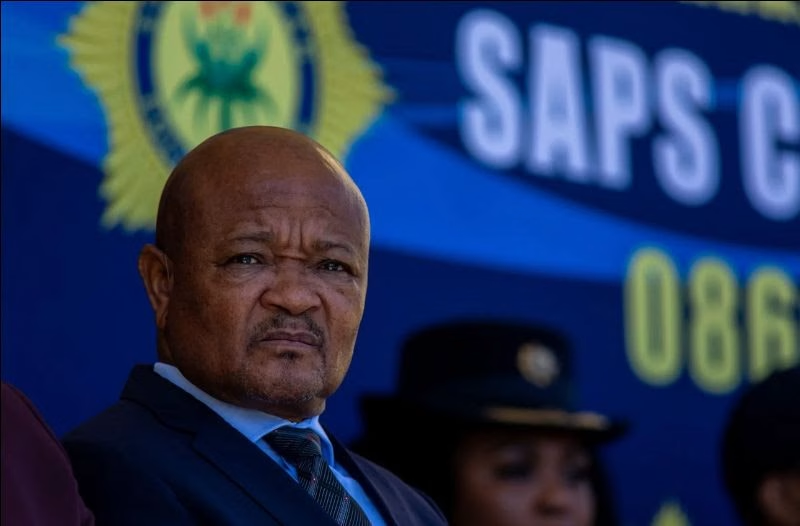Investigate Security Forces’ Use of Tear Gas, Gunfire
- By: Zenaida Machado | Senior Researcher, Africa Division
- Photo: A police officer aims at protesters in Maputo, Mozambique, November 7, 2024. © 2024 AP Photo/Carlos Uqueio
On Thursday in the heart of Maputo, Mozambique’s capital, Angela was preparing lunch for her 5-year-old son when the tranquility of her home was shattered by the sound of gunfire from the streets. Within seconds, her apartment was filled with the acrid sting of tear gas, fired by the police deployed to disperse peaceful protesters.
Angela told me that she instinctively shut the kitchen door, grabbed her son, and sought safety under the table. She began to pray. “The smell was terrible, my eyes were burning,” she said. “I didn’t know what to do.”
Angela’s experience illustrates the plight of countless Mozambicans who have faced tear gas inhalation and other threats to their lives and health in recent weeks. Mozambican security forces have indiscriminately fired into residential areas and deployed excessive force, including live ammunition, to disperse thousands of people protesting the recent election results. The media has reported that they have killed dozens of people and injured hundreds.
Thursday’s violence broke out as a planned protest quickly descended into a standoff between security forces and protesters. Heavily armed police and soldiers had used military-style vehicles to block peaceful protesters from reaching the heart of the city, but a group managed to break the security cordon. The police stopped them with tear gas close to Angela’s home, and some responded by throwing stones and bottles at the police.
Under the African Union Guidelines for the Policing of Assemblies by Law Enforcement Officials in Africa, law enforcement officials must apply nonviolent methods before resorting to the use of force, and differentiate between peaceful protesters and those who engage in violence. Isolated acts of violence do not render a protest nonpeaceful. The intentional use of lethal force is prohibited unless strictly unavoidable to protect life. The United Nations Guidelines on Less-Lethal Weapons in Law Enforcement state that tear gas should only be used after appropriate warnings have been issued and protesters have been given time to safely disperse.
The deputy police chief, Fernando Tsucana, said in a televised interview that police used live ammunition “in some incidents,” but did not address the need for investigations or redress for those harmed.
As post-election unrest continues, the security forces need to follow international law enforcement standards to rebuild public trust. Concerned governments should press the Mozambican authorities to end the use of excessive force and provide accountability for abuses.











